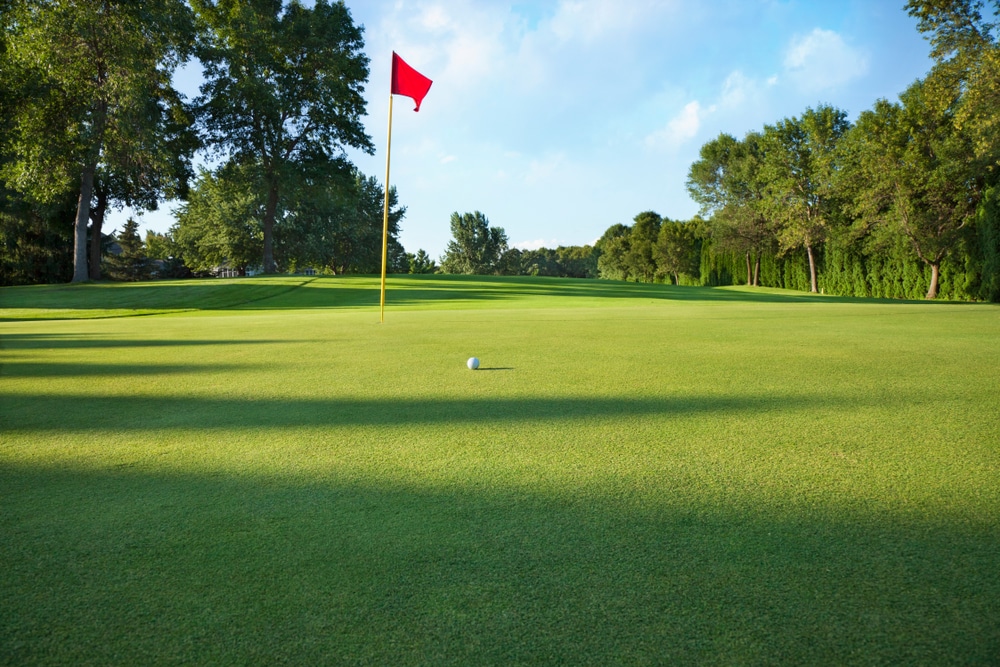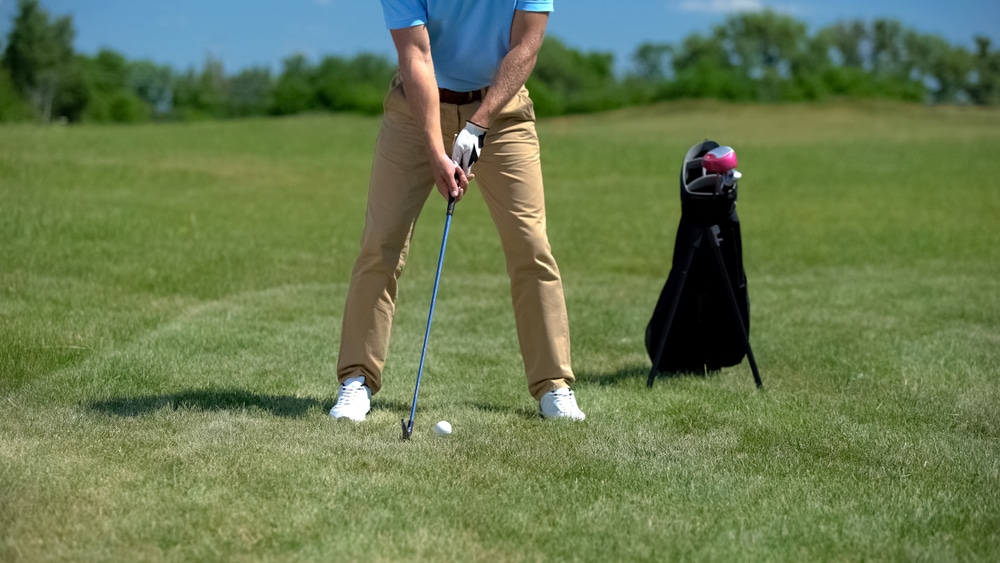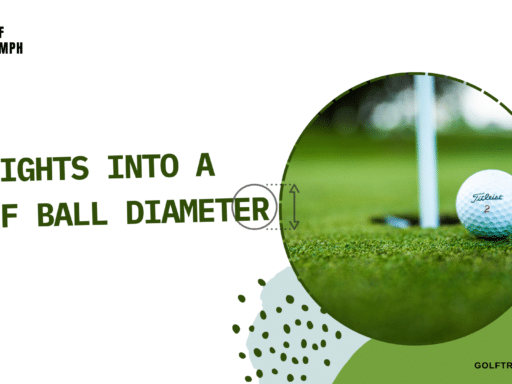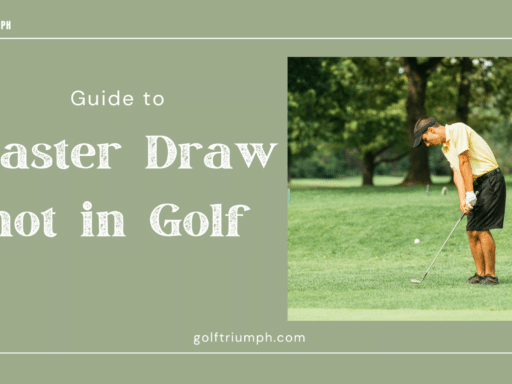
Golf can often feel like a game of endless challenges, but mastering bogey golf is an achievable and rewarding milestone for many players. Whether you’re a mid to high-handicap golfer or someone looking to break 100 consistently, focusing on bogey golf provides a realistic goal while enhancing your skills and enjoyment of the game. In this guide, we’ll explore expert techniques to improve your game, with practical tips for success.
Understanding Bogey Golf

Bogey golf refers to scoring one over par on each hole. On an 18-hole course with a par of 72, a bogey golfer’s typical score is around 90. This benchmark is an excellent goal for recreational golfers who want to advance from novice to intermediate play. Mastering bogey golf emphasizes consistency, smart decisions, and skill refinement rather than attempting to play like the pros.
Why Aim for Bogey Golf?
- It’s a manageable challenge for many players.
- Offers a structured approach to game improvement.
- Reduces pressure and increases enjoyment of the course.
Set Achievable Goals
One of the first steps toward improving your game is setting realistic and measurable goals. If you’re currently scoring over 100, aim to shave off a few strokes at a time. Break your overall target into smaller milestones, such as improving your short game or increasing your fairway accuracy.
Key tips for goal setting
- Track your performance: Use a golf app or notebook to log scores, fairways hit, greens in regulation, and putts per round.
- Identify weak points: Focus your practice sessions on areas where you’re losing the most strokes.
- Celebrate progress: Acknowledge improvements, whether it’s hitting a personal best or consistently avoiding hazards.
Expert Techniques to Enhance Your Bogey Golf Game

1. Master the Fundamentals
The foundation of any successful golfer is a solid understanding of the fundamentals. Many amateur players struggle with consistency due to improper grip, stance, and posture.
- Grip: Use a comfortable neutral grip that allows the clubface to square at impact. Avoid gripping too tightly, as this can lead to tension and erratic shots.
- Stance: Maintain a balanced stance with your feet shoulder-width apart and your weight evenly distributed.
- Posture: Slightly bend at the hips and keep your back straight. Your arms should hang naturally, with the club aligned to the ball.
Consistency in these basics will lead to more predictable and controlled shots, setting you up for success on every hole.
2. Short Game Skills
Improving your short game is the fastest way to lower your score. Most strokes are lost within 100 yards of the green, making this area a priority for bogey golfers.
- Chipping: Focus on a simple, repeatable motion for chipping. Keep your weight slightly forward, and strike the ball with a descending blow to create a crisp contact.
- Putting: Develop a consistent putting routine. Practice distance control by rolling putts to specific targets rather than focusing solely on the hole.
- Bunker play: Use the “sand wedge splash” technique for greenside bunkers. Open your clubface slightly and aim to hit the sand an inch behind the ball.
Practicing these skills regularly will help you convert potential double bogeys into bogeys or even pars.
3. Course Management
Bogey golfers can significantly improve their scores by playing smarter, not harder. Course management involves making strategic decisions that reduce risks and optimize scoring opportunities.
- Avoid hazards: Aim for the safest part of the fairway or green, even if it means sacrificing distance.
- Lay up when necessary: If you can’t reach the green safely on a par-5, lay up to your ideal distance for a comfortable next shot.
- Plan ahead: Assess each hole before you tee off, and visualize how you’ll play it from tee to green.
By playing to your strengths and minimizing high-risk shots, you’ll keep your scorecard in check.
4. Club Selection
Using the right club for each shot is crucial for accuracy and control. Bogey golfers often benefit from forgiving clubs that reduce mishits and increase consistency.
- Hybrids over long irons: Hybrids are easier to hit and offer better results for mid-to-long-range shots.
- Wedges for precision: Carry a selection of wedges (pitching, gap, sand, and lob) to handle various short-game situations.
- Driver control: If your driver is causing erratic tee shots, consider using a 3-wood or hybrid off the tee for more control.
Knowing your clubs’ strengths and limitations will help you make better decisions on the course.
5. Mental Toughness
Golf is as much a mental game as it is a physical one. Staying focused and composed during a round can prevent small mistakes from snowballing into big problems.
- Stay positive: Accept that mistakes will happen and focus on the next shot rather than dwelling on errors.
- Visualize success: Picture the desired outcome before each shot to build confidence.
- Control your emotions: Avoid letting frustration affect your swing. Take deep breaths and reset your mindset after every hole.
Practice Strategies

Improvement in the course starts with smart practice off the course. Structure your practice sessions to target specific areas of your game.
- Driving range drills: Focus on accuracy and distance control rather than swinging for maximum power.
- Short game practice: Spend at least half your practice time on chipping and putting. Use alignment aids to improve aim and consistency.
- Simulated rounds: Practice course management by playing simulated holes at your local range.
Equipment Matters
The right equipment can make a significant difference for bogey golfers. Invest in gear that enhances forgiveness and consistency.
- Forgiving clubs: Look for cavity-back irons, oversized drivers, and putters with alignment aids.
- Custom fitting: Have your clubs fitted to your height, swing speed, and playing style.
- Accessories: Consider using a GPS watch or rangefinder to improve course navigation and shot accuracy.
Maintaining your equipment—cleaning clubs, replacing grips, and checking lofts—also ensures peak performance.
Tracking and Celebrating Progress
Improvement is a journey, not a destination. Track your progress to identify trends and areas for further improvement.
- Use technology: Golf apps and range finders can provide valuable insights into your performance.
- Review scorecards: Analyze your rounds to pinpoint strengths and weaknesses.
- Celebrate milestones: Whether it’s a new personal best or mastering a tricky hole, take time to acknowledge your achievements.
Staying motivated and focused on your goals will keep your love for the game alive.
Conclusion
Mastering bogey golf is an achievable and rewarding goal for players of all skill levels. By honing your fundamentals, improving your short game, practicing smart course management, and building mental toughness, you can steadily lower your scores and enjoy the game even more. Remember, the journey to improvement is as important as the destination, so savor every step along the way. Happy golfing!





